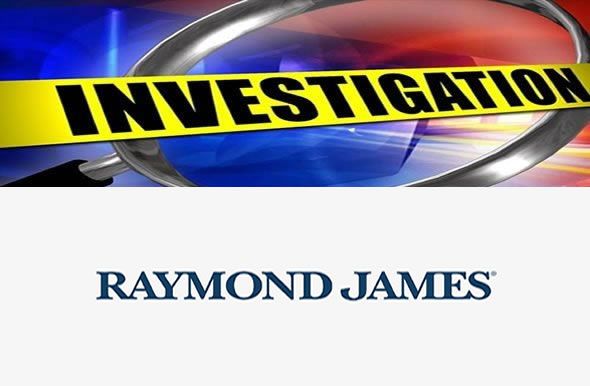FINRA announced today that Raymond James & Associates Inc. has settled charges of providing inaccurate trade confirmations to customers over eight years, totaling at least 1.85 million confirmations.
The broker-dealer from St. Petersburg, Florida, has agreed to a $300,000 fine and a censure without admitting or denying any wrongdoing between January 2014 and May 2022.
According to FINRA’s settlement, the firm generated at least 750,000 false confirmations, each of which falsely stated that the firm acted in only one capacity during the execution in question.
Raymond James was unable to provide accurate reporting to the regulator that would have demonstrated its multiple roles because of a system failure according to the regulator.
In other words, the company had a technological glitch that made it impossible to show its different capacities, leading to incorrect reporting.
Moreover, the firm failed to provide any details on how it used the confirmations it received from customers. Instead, Raymond James claimed to have acted in a “mixed capacity” and provided the “breakdown of execution capacity is available upon request,” as noted by FINRA.
Accurate trade confirmations are critical to investors as they help verify transaction terms, assess transaction costs, and evaluate the quality of their broker-dealers’ executions.
Jana Fuller, a representative for Raymond James, declined to comment on the FINRA matter.
Furthermore, between July 2017 and September 2022, Raymond James sent another 1,050,000 trade confirmations that inaccurately described transactions as “average price executions” when the orders were fulfilled in a single execution. This was due to a programming error.
In other words, due to a software mistake, the company mislabeled single executions as average price executions, leading to further inaccuracies.
Moreover, FINRA’s review of two of the firm’s six order management systems found that over a million customer confirmations issued by Raymond James were incorrect. These confirmations falsely labeled single executions as average price executions.
Between December 2018 and June 2020, roughly 52,350 confirmations sent to customers should have disclosed or inaccurately disclosed that Raymond James was a market maker and had an additional financial vested interest on trades.
FINRA stated that this problem was caused by “an input that accurately identified the market maker status on trade confirmations being impacted by a programming error.”
Exchange Act Rule 10b-10 requires broker-dealers who execute securities transactions for customers to provide a confirmation disclosing the price, who the broker-dealer is acting as agent for, and if the broker-dealer is a principal or market maker. According to Finra, Raymond James failed to do so.


